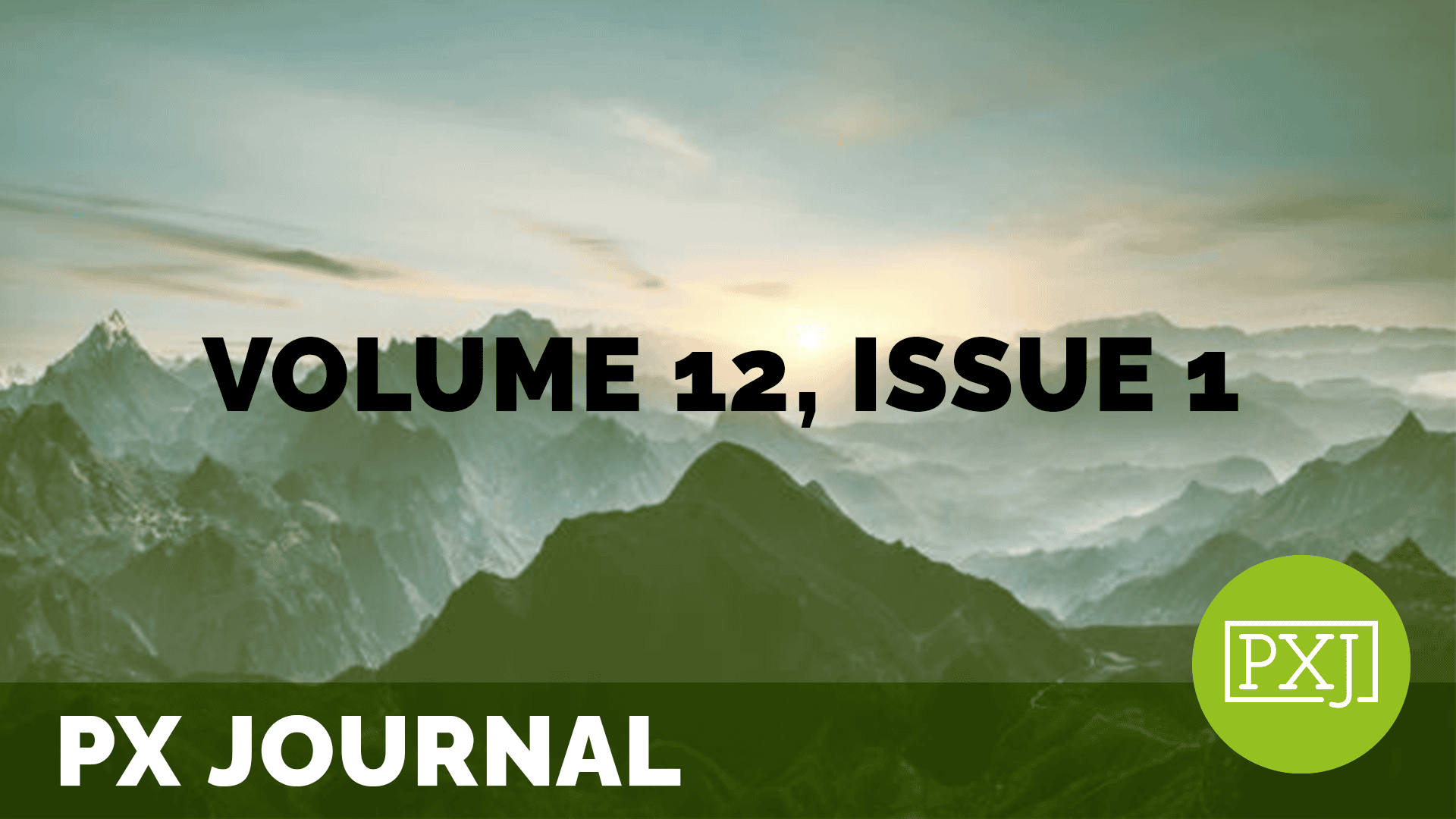Escuchame: A Story of Patient Resilience

This article is a narrative following a patient’s experience through the American Healthcare system. This article is written by a second-year medical student. During this time the individual repeatedly engaged in different specialties of medicine such as neurology, neurosurgery, oncology, emergency medicine, gynecology, and primary care. This narrative demonstrates how certain issues such as healthcare access, patient demographics, defective communication, and general mistrust of the healthcare system negatively impact patient outcomes. As an uninsured immigrant, the patient was in a disadvantaged position when her health problems first began. Due to her lack of insurance, she did not have an established primary care physician. She struggled to find compassionate care that focused on her symptoms and prioritized outcomes. She often felt ignored and overlooked by her physicians. Through this article, we explore a patient’s perspective on how American physicians operate, and why they make certain decisions. This article provides the perspective of individuals whose voices are rarely heard in medicine. Lastly, we provide possible solutions and how they would have impacted the patient in this narrative.
Related content
-
 Patient Family & Community Engagement
Patient Family & Community EngagementA Passage of Advocacy and Listening: How My Name and Experiences Shaped My Purpose in Healthcare
By Typhany Morrison-Brooks I was born Madelyn Morrison without a middle name because my mother wanted me to have the space to choose one someday. I arrived a couple of months early, weighing just 4 pounds. They had already picked “Madelyn” for me, but as I lay in the incubator, I flipped myself over, earning
Learn more -
 Patient Family & Community Engagement
Patient Family & Community EngagementVoices From the Journey: Exploring Rehabilitation Experience of Individuals with Disabilities in a South African Province
Background: Globally, 16% of the population is affected by disabilities, with increasing prevalence due to non-communicable diseases and longer lifespans. This group often faces shorter lifespans, poorer health, and greater challenges than non-disabled peers. Rehabilitation services are essential for improving independence, health, and quality of life by facilitating participation in education, work, and social roles. However,
Learn more -
 Patient Family & Community Engagement
Patient Family & Community EngagementPX Chat on PFA/PFACS: Revitalizing/Rebuilding (April 9, 2025)
12pm ET / 11am CT / 10am MT / 9am PT – Join The Beryl Institute community for an opportunity to connect with your peers on the support and resources needed to address efforts around revitalizing and rebuilding PFAs and PFACs in their organizations. Breakout discussion groups allow you to share your challenges, celebrate your
Learn more
